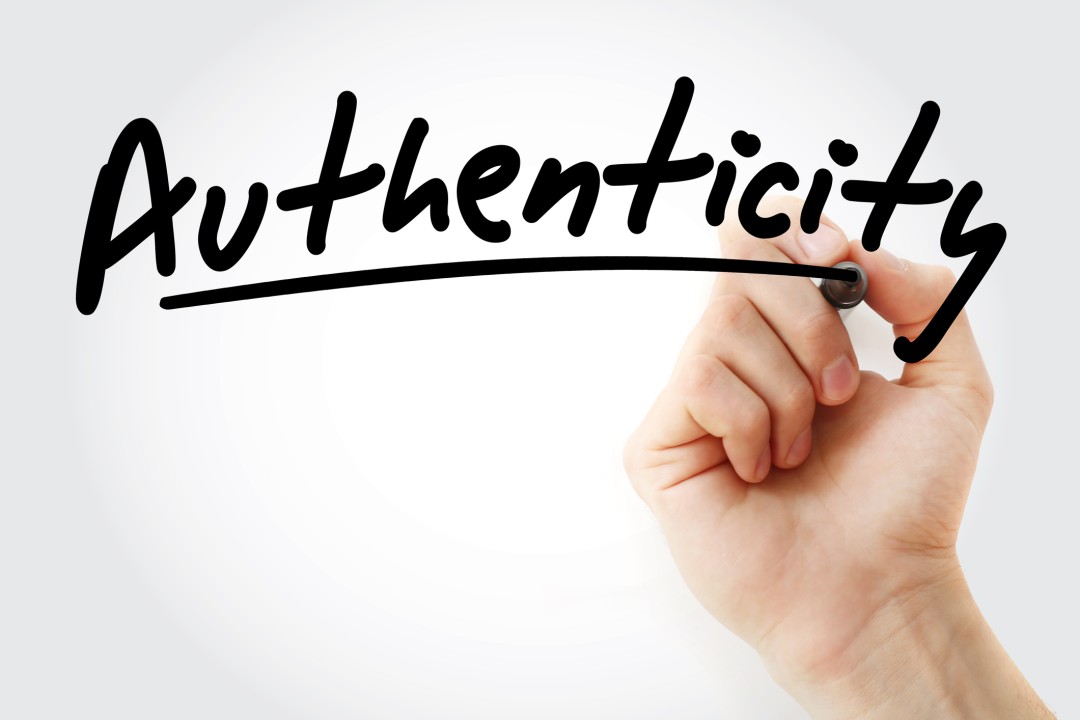 I have helped many teams become more effective at presenting as a team. Because humans are SO different and have SO many variables, it can be quite challenging to coach a team. Most teams preparing on their focus on:
I have helped many teams become more effective at presenting as a team. Because humans are SO different and have SO many variables, it can be quite challenging to coach a team. Most teams preparing on their focus on:
- who will say what during which slides
- the order of presenters
- making the time fair/equal, etc.
Often teams are presenting because the stakes are high, and the consequences are critical. And, of course, money is frequently involved either as part of a department budget, a start-up trying to get funding, and many other situations in which the listeners must hear from the entire team.
The people listening to the team present will be acutely aware of all of the non-verbal communication of the team. Whatever this communication reveals will carry more substantial weight than the words were spoken. A well-known architectural firm who brought me in because they started losing projects that they should have won. After assessing the team, I realized that one of the members did not get along with the others. Despite well-planned, streamlined presentations they still lost, and they were dumbfounded. What were they missing? Their subtle nonverbal behaviors communicated the discontent within the team. Despite the polite and professional words, the facial expressions, the lack of eye contact, the dismissive exchanging of documents, etc. were all indicators of discord within the team. People believe what they feel energetical and what they see over what they hear. It is SO SUBTLE. These nonverbal behaviors are the kind of things that only human beings can detect . This client of mine needed a new type of coaching to get past the issues that plagued the team.
One helpful way to identify these behaviors is to videotape the practice session. Once you have analyzed a video of your team presenting, you will understand that the subtle nonverbal behaviors are blocking the successful communication of your message. Here is a list of nonverbal behaviors I have coached teams to improve:
- The way the team walks into the room and takes seats
- The way team members treat the furniture and items in the room
- The way the team walks out of the room
- Facial expressions, eye contact and body language of those not presenting
- The way team members hand the clicker to each other
- How the members address each other – tone
- How the members help each other out with questions – tone
- Does the tone change before and after the presentation – sounding authentic and natural
The list could go on and on. When there are high stakes, there are also very savvy people evaluating your team. You may have the most compelling content; however, if your team is revealing discord or disconnect non-verbally, you may be losing without even knowing why. A good speech coach can assess your team’s effectiveness objectively, and that coach will be able to tell Bob that he can’t sigh whenever Sarah begins to speak more readily than you can!



